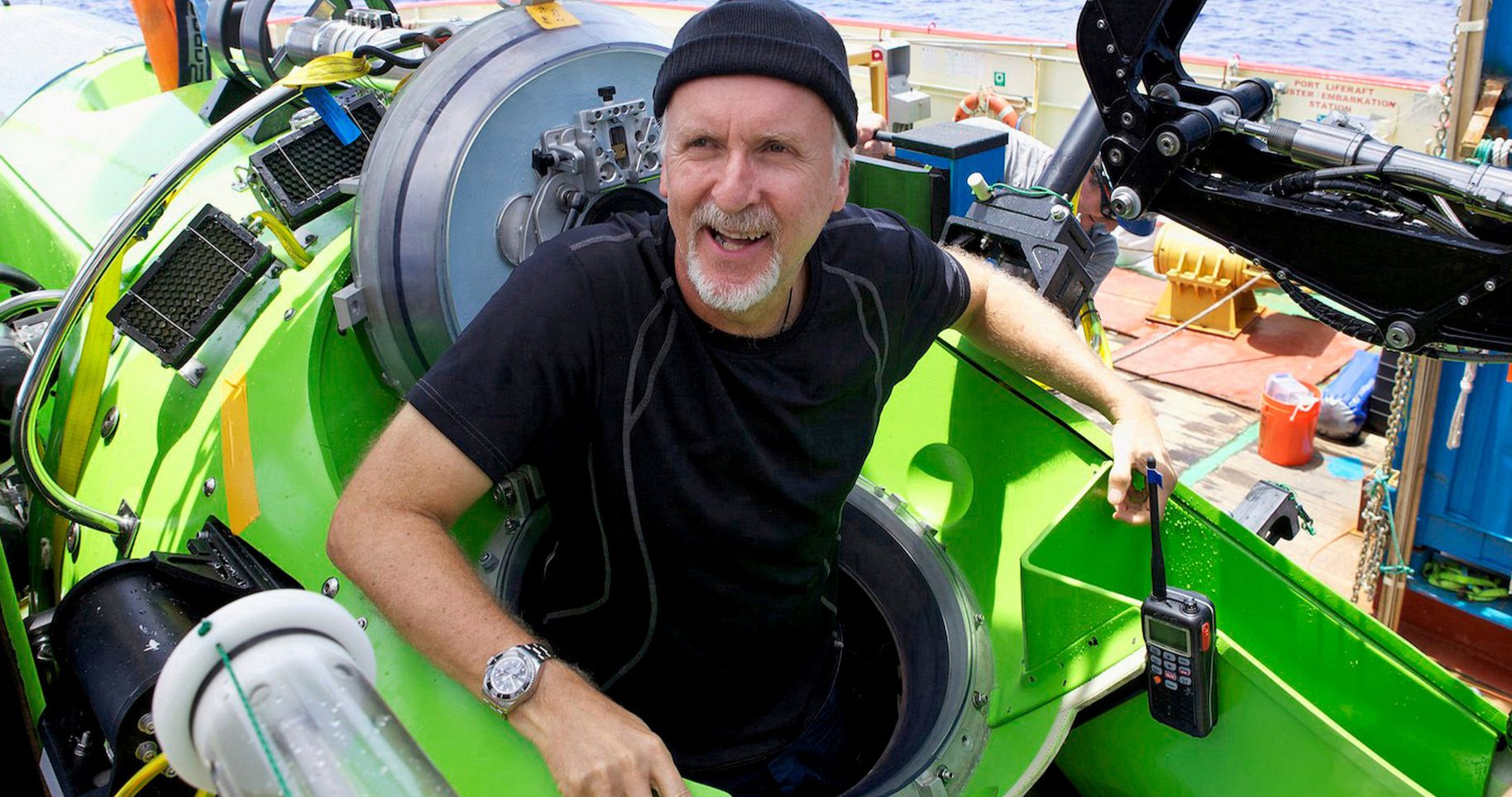James Cameron is hitting the small screen in an unexpected way. The Avatar director is co-producing the series Mission OceanX with OceanX and BBC Studios for National Geographic. The series will follow the maiden voyage of OceanX's next-generation exploration ship, currently named the Alucia2, into the Indian Ocean in mid 2020.
James Cameron, having dived down to the Mariana Trench in a submarine himself, aims to approach this natural history series differently, say, "We want it to be character-driven." He continued.
"One of the things I have pushed everybody towards, maybe even a little bit to the extent [that] they are outside of their comfort zones, was to make it kind of reality TV, meaning I want to follow these people. I want to know how they think; I want to understand their passion as explorers and as ocean scientists...that burning curiosity."
The people Cameron aims to focus on will be the marine biologists and experts embarking on the mission. What they are looking for, however, can't be known until they find it. Cameron says, "that's part of the excitement." The unknown nature of it offers an uncertainty that, along with a loose shooting schedule and unpredictable script, will provide a unique insight into the voyage.
"You are going to have adversity and psychological challenges. The crew will be disappointed, the explorers will be disappointed. But for every moment there's a setback or challenge, there's going to be that moment of discovery. You want to take the audience on that rollercoaster journey, because that's what exploration is all about."
Cameron has been revolutionizing cinema since his career began almost forty years ago. Cameron's 1984 film The Terminator spurred a science fiction franchise that continues today, Titanic created an entirely new perception of an "epic", and Avatar engineered technology that pushed filmmaking forward. Until Marvel's Avengers:Endgame took the top spot recently, Avatar and Titanic were at the top of the box office for highest grossing films of all time, respectively.
In the usual James Cameron fashion, he has been very hands-on with the technology development. He has helped develop cutting-edge remote cameras, low-light cabers, and critter cams. He also aims to cut back on post-production wait-time by employing on-board technology that will allow the footage to be edited at sea and teased to the public. His main goal, however, is exploration and education.
"We are all a bit complacent now. We think everything has been understood and explored. One of the key goals of the series is to inspire up-and-coming explorers and filmmakers and scientists in same way I was inspired by Jacques Cousteau. I want to pass that on."
The release date is unknown because it relies on the expedition plans, but the series will be premiere on Disney's National Geographic in the U.S. And on its channels throughout 171 countries.
Cameron is co-producing with OceanX and BBC Studios for Nat Geo. OceanX founder Ray Dalio is among the exec producers, as is Geoff Daniels, Nat Geo's EVP for global unscripted entertainment. This information comes directly from Cameron's interview with Variety.

